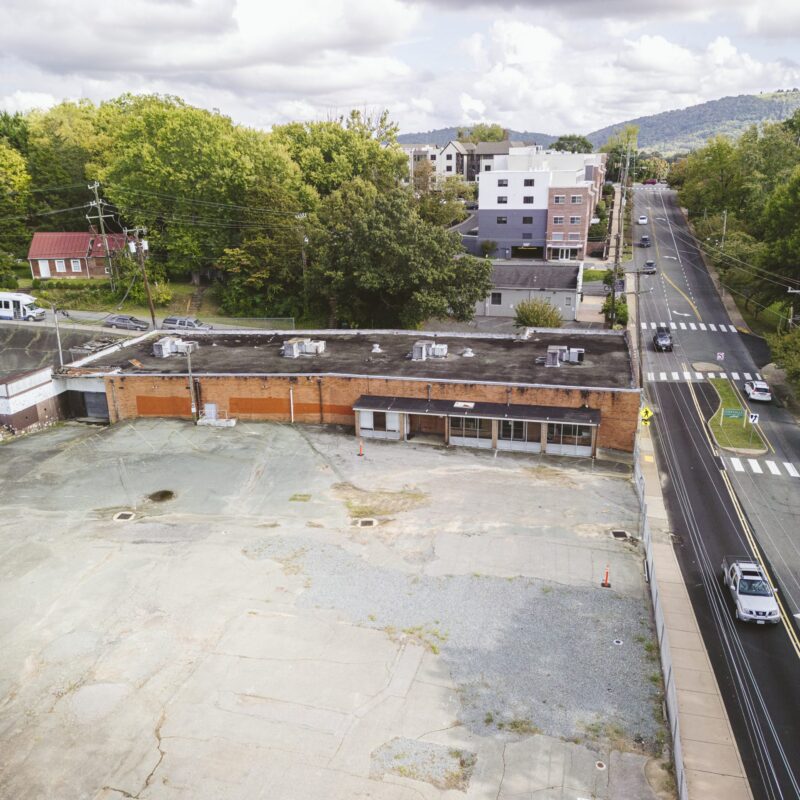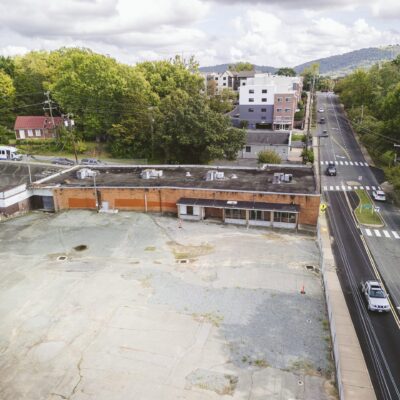A day and a half after three arrests disrupted the harmony of the Lee Park occupation, all seems calm and collected. Although the park has been the staging area for the Occupy Charlottesville movement since the beginning of October, none of the men arrested Tuesday were movement members, and Occupy leaders say they have been in close contact with the Charlottesville Police Department to prevent unwanted conflict.
Joe Thompson, 33, William Toney, 39, and Dan Miller, 49, were arrested and charged with being drunk in public, trespassing, possession of marijuana and contributing to the delinquency of a minor. All three have no fixed address.
“Those guys don’t stay in the park, they are not part of the movement, they don’t sleep in the park, i don’t know how they ended up in the park,” said Zac Fabian, member of Occupy Charlottesville.
According to Lt. Ronnie Roberts, public information officer with Charlottesville Police, aside from yesterday’s incident, the protest has been a peaceful one.
“We haven’t had any problems,” he told C-VILLE. “On the overall basis, they have been able to push their position and from our stand point, we want to make sure that they have a safe environment to be there in the park.”
More after the photos.

Joe Thompson, 33.

William Toney, 39.
(Photos courtesy of Charlottesville Police)
In fact, Occupy Charlottesville has been in “constant” contact with city police and has even asked for heavier patrolling around the park at night.
“We communicate,” said Roberts. “That’s imperative that we do have a dialogue between the folks there and the police department about particular concerns, about safety issues that come up from time to time or issues that need to be addressed.”
Fabian and fellow occupier Bailey Elizabeth acknowledge the difficulty of trying to keep the park as a alcohol and drug-free zone and lacking the authority to take a stand.
“Because what we are doing here is legal, because what we are doing here is a constitutional right, we are trying to operate within the spirit of the law,” said Elizabeth.
“The issue is at night, you have people that stay here either out of necessity or want that aren’t attending [general assembly] and as far as being peaceful and nonviolent, I don’t know where they stand, as far as whether they are using or doing anything in their tents, I have no authority.”
When asked whether these incidents jeopardize the effectiveness of the movement’s message and action, Elizabeth said “absolutely,” but cautions that the issues are much deeper.
“The problems that we see within this camp are a direct reflection of the problems of the city and of society at large,” she said. “If we have people with addiction issues and mental health issues, we don’t want to ask them to leave, because if we do that, we are marginalizing them. Society already does that and that’s the problem.”
In some instances, said Fabian, the simple act of caring and being present has helped some of the homeless to move away from substance abuse and join the movement.
“We are breaking through to them,” he said. “I have seen remarkable changes in a few of them and they have started to help us.”
Although both occupiers said the camp’s relationship with local police has been “really fair” and “encouraging,” the group has begun crafting a contingency plan for an eventual raid, much like what happened to Occupy Richmond last month.
Early Halloween morning, at about 1am, Richmond Police broke up the camp that occupied Kanawha Plaza in downtown Richmond. According to the Richmond Times-Dispatch, the police gave protested a chance to leave and detained those who didn’t —nine were taken into custody and charged with either trespassing or obstruction of justice. During the raid, police bulldozed the camp destroying property.
Fabian, Elizabeth and other movement members said they don’t think such a action would happen in Charlottesville. “It’s not good for any party. It causes a lot of property damage and there is cost for having to do that and it doesn’t accomplish their goals,” he said. “It’s not going to stop us from the beliefs that we have. You can’t crush the beliefs with physical force.”
Nonetheless, the group has begun collecting phone numbers of all the occupiers and those who don’t reside in the park, but who will be contacted in the event of a raid.
“it’s a list of everybody that wants to be here either to stand with us to risk arrest or people who want to be observers to make sure that things are safe,” said Elizabeth.
Some other measures that the group is considering involve “peaceful, non-violenttraining,” such as locking arms and refusing to move.
“We need to look at first aid that will need to be involved if they come with pepper spray,” said Elizabeth. “I really don’t think that would happen here, but it is a possibility. Just for safety measures, we need to be up on what we need to do to help each other if that happens.”



